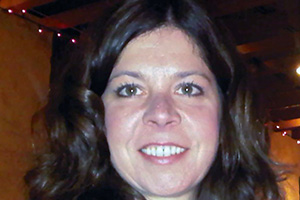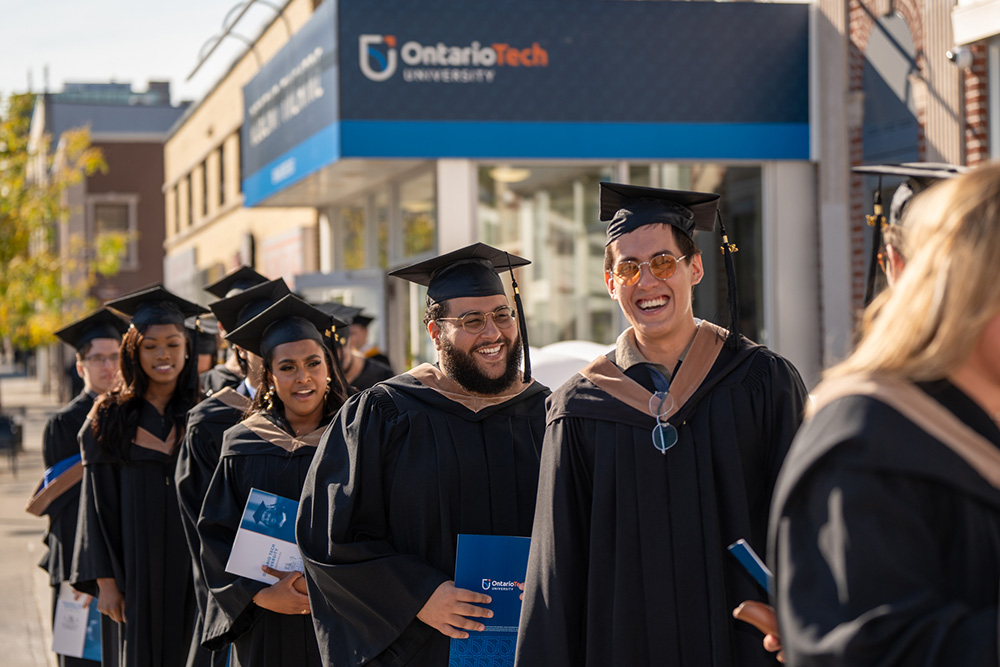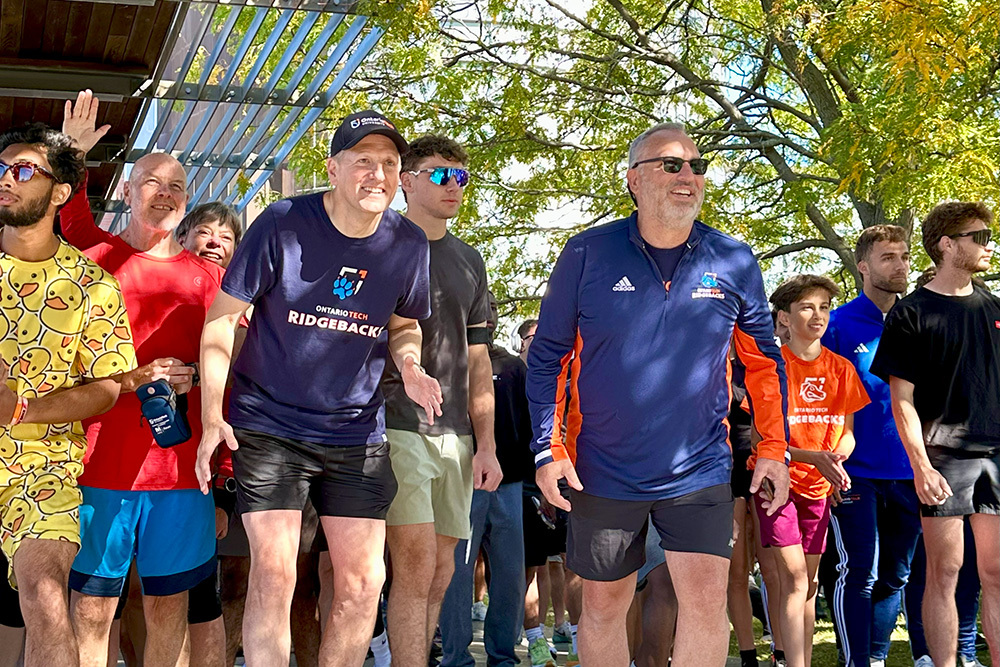UOIT graduate student’s project on mental health featured in Oshawa This Week
March 24, 2014

Oshawa This Week recently ran a story on Joli Scheidler-Benns, a master’s student in the University of Ontario Institute of Technology’s (UOIT) Faculty of Education, who was selected as one of 10 finalists in the Mental Health 2.0 competition.
The provincewide student social media competition, presented by the Council of Ontario Universities in partnership with the Government of Ontario, challenged students to come up with ways universities can use social media tools to promote campus mental health, reduce the stigma of mental illness and change attitudes.
The story describes Scheidler-Benns’ entry, I am Anyone and I am Someone, and her experience participating in the contest. Her project proposed the creation of short videos posted on YouTube, Facebook and university websites, as well as a blog for students to discuss their feelings anonymously.


